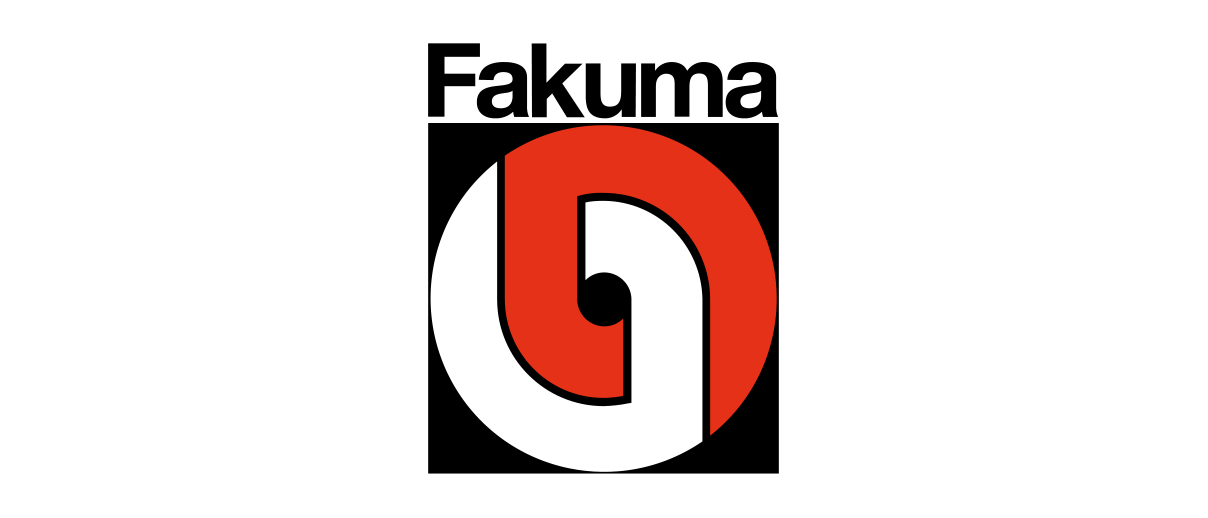In trend: digital transformation and resource-saving future technologies

Fakuma 2020 Focus on growing networking
Fakuma – International Trade Fair for Plastics Processing, for years the sector and technology barometer of the plastics industry – demonstrates in fast motion how quickly this economic sector in particular is developing. The trade show, which focuses on injection molding, continuously presents new solutions from manufacturers, suppliers and system integrators in response to current and future challenges. Building on the great success of the 2018 event (1933 exhibitors from 40 nations came to Lake Constance for the first time), the trade fair company P.E. Schall GmbH & Co. KG is already planning for 2020 with a further increase in internationality in all available areas. “For years, we have occupied all available hall space at the modern Friedrichshafen Exhibition Center with 85,000 m²,” explains Bettina Schall, managing partner of the event organizer.
Sustained high demand” for injection molding machines
For the eighth year in a row, manufacturers of plastics machinery continue to record uninterrupted growth. This impressively underlines the technological know-how in this industry. It is true that injection molders calmly reported a certain calming of order intake at their business press conferences. However, in view of the longer delivery times due to bottlenecks in supplier parts, staff shortages and a lack of manufacturing capacity, the current market slowdown is not inconvenient for many companies. Dr. Christoph Steger, CSO of the Engel Group, A-Schwertberg, and member of the Fakuma Exhibitor Advisory Board, spoke in this context of a certain sideways movement, albeit at a high level never before reached. Accordingly, the “somewhat cooled” demand did not spoil the good mood of any company during Fakuma 2018. The plastics industry remains on course for success and growth.
Fakuma is the most important trade fair for practitioners
Around 47,650 trade visitors from 126 countries traveled to Lake Constance in 2018. the organizer and the exhibitors were very satisfied, as the quality of the trade visitors was right. Many exhibitors praised Fakuma as a “real working trade fair” for seasoned practitioners that is consistently oriented to the plastics processing process chain. “Nowhere else is it possible to discuss ideas, projects and visions with customers more concretely than at Lake Constance, which is why the industry get-together also clearly has the status of an order fair for us exhibitors,” as one injection molder put it in a nutshell. Moreover, digitization and networking, further process integration and system solutions for machines and peripherals require a continuous dialog between machine builders and plastics processors. Consequently, globalization, digitalization and resource conservation through the circular economy were the dominant themes at Fakuma.
Networking among plastics processors continues
Linking products and services in the area of production technology with lT in a meaningful way in order to save resources, become more transparent and flexible, and work more efficiently was once the task of an lndustry 4.0 strategy. The fact that manufacturers of plastics processing machines have now made significant advances in this area and now offer comprehensive digitization and networking of their machines was evident throughout Fakuma. Thanks to intelligent assistance systems and far-reaching vertical integration – from ERP to the depths of the machines – self-optimizing solutions are no longer a vision. They have already become a reality for certain tasks and could be marveled at at Fakuma 2018. Networking has therefore also arrived at plastics processors. “But there is still a long way to go before we have comprehensive networking,” says one insider, “and where the journey is really headed with Industry 4.0, IoT and digital transformation will probably only become apparent again at Fakuma 2020.”
Circular Economy as an opportunity for the future
Bettina Schall also sees the fact that the currently rather poor image of plastics among the general public, caused by the discussion about the pollution of the world’s oceans by plastic waste, is leading to a sensitization of the industry as an opportunity. Thorsten Ratzmann, CEO of the Pöppelmann company, was even more explicit in his statement: “Plastic as a material that can be processed in many ways has now fallen into disrepute, and the plastics industry has a real reputation problem.” For many – so it seems at first glance – plastic has negative connotations in the meantime and must be reduced for the future! This may be a tempting objective, but – and Fakuma 2018 already clearly showed this – the opposite is more likely to be the reality. For a more sustainable future, plastic must and will always be used. The concept of a resource-conserving circular economy has long since gained a foothold in the plastics industry. And it’s no longer a question of “if”, but “how”. The fact that the circular economy has also arrived in K-Maschinenbau was more visible than ever at Lake Constance. Higher recycling rates or efficiency improvements in waste management can only be mastered globally through dialogues. For processors to increasingly use recyclates in the manufacture of plastic products, they need safe material grades in sufficient quantities. However, this can only be obtained if sufficient recyclable plastic waste is collected.
At Fakuma in Friedrichshafen, it became clear that the plastics industry itself has a responsibility in this regard: “If we want to have closed cycles one day, we have to join forces with all partners in the value chain. This also includes end users. We need to work together decisively on all the crucial steps of the cycle. Starting with the manufacture of the products through the use phase to disposal” was what was heard from a recycling expert in Friedrichshafen. This topic will be on the Fakuma agenda again in 2020.
The 27th Fakuma will take place in Friedrichshafen from October 13 to 17, 2020.